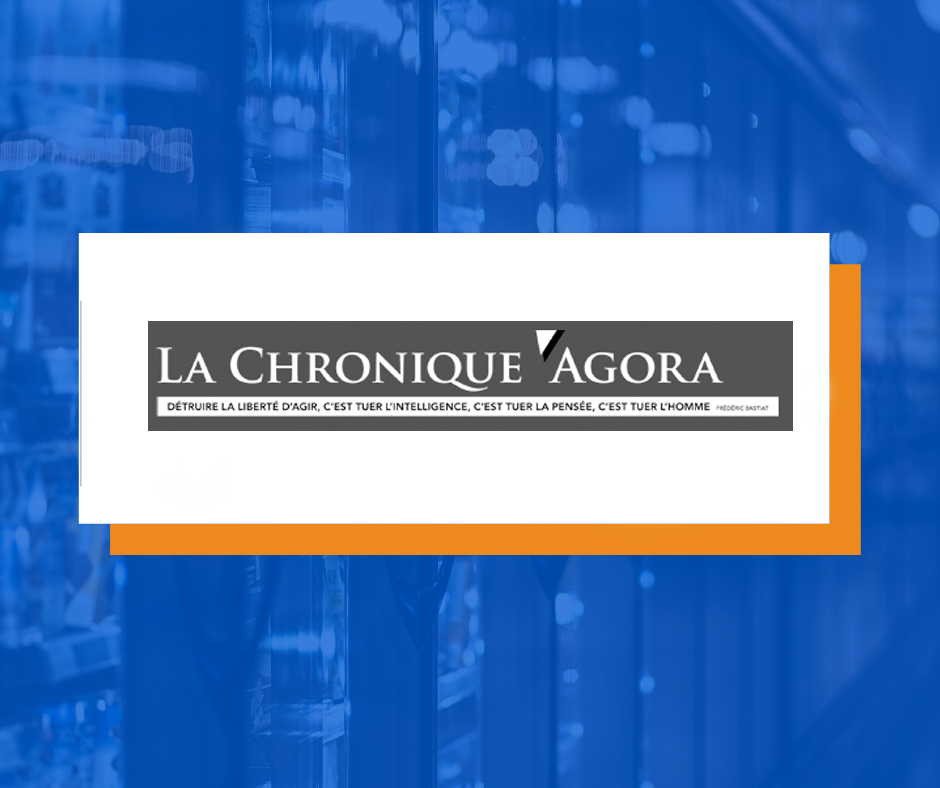For many people, the European Union and its institutions have always meant overregulation and bureaucracy. Their beliefs are fed from time to time by specific rulings or proposals. This time it is the European Union’s Chemical Agency (ECHA) that has set sight on essential oils as substances needing strict control. You are most likely using essential oils without knowing it and with no harm done. Hundreds of such water or steam-distilled extracts make it into insect repellents,perfumes, cosmetics, and other toiletries like shampoos in small doses that havepassed skin and allergy testing. But the ECHA is not planning to consult their safety record and actual levels of exposure (what, in public policy speak, one would call ‘risk-based thinking’). Instead, it will amend CLP (Classification, Labelling, and Packaging ) and REACH rules to mark essential oils as hazardous complex chemicals of more than one constituent substance. Suppose one molecule in the mix could be characterized as a threat under isolated laboratory conditions or deduced via statistical reasoning. In that case, policymakers can label these natural oils dangerous or ban their usage altogether.
Legitimate producers and European consumers alike have no reason to welcome the news. Inflation, the rise of prices across the European economy, has not yet subsided – the EU’s average annual rate stood at6.4% in the EU (5.5% in the euro area), above the ECB’s price stability target of 2%. However, the average masks considerable variation in which poorer EU countries are affected more than their well-off counterparts. Luxembourg’s annual rate is amere 1%, whereas Hungary registers 19.9% (the highest in the EU), Poland at 11%, Romania at 9.3%, and Bulgaria at 7.5%. Because consumers in poorer countries tend to spend more of their income on essential goods and find saving money hard, they are likely to suffer disproportionately because of inflation.
Similarly, legal producers (who make it an objective to comply with the rules fully) in these countries will see a generalized rise in the cost of services, leaving their financial prospects uncertain. By demanding more onerous procedures, the ECHA’s ruling makes it harder for suppliers to bring their goods to the market. As fewer goods are available to buy, the measure is fuelling the momentum of rising prices, which leaves consumers even worse off than before.
The ECHA’s decision is particularly damaging when considering how the European essential oils market works. Notably, smaller companies drive the industry in the EU. No less than 95% of the world’s supply of bergamot comes from 4500 Italian families cultivating it in the Calabria region. The Essential Citrus team in Portugal extracts oil from over 350 citrus varieties in Alejento. Estonia’s Tedre-Farmuses a one-of-a-kind carbon monoxide method to distill oil from 2.5 hectares of raspberries. As such, these enterprises have much smaller profit margins, meaning they are less likely to be able to afford to operate in an environment with costlier restrictions and where their dedicated buyers are scared away by frightening warning labels. With their loss comes a loss of revenue, potentially endangering the 2.29 billion euro European clean beauty market and more economic woes for consumers.
Policymakers, producers, and consumers should encourage the ECHA to reverse course and avoid this outcome. Preliminary discussions began on the 30thof June when the EU’s Permanent Representative Committee requested that the EU Commission re-evaluate the classification for essential oils four years from now. But that should only be the start. Better still, regulation should focus on the genuine threat from fraudsters who overpromise and underdeliver on the medical effects of essential oils using concrete evidence (like safety tests grounded in plausible levels of exposure) rather than hypothetical reasoning. Consumers can then stay safe without making the cost-of-living crisis more complicated than it already is.
Originally published here





